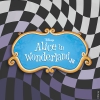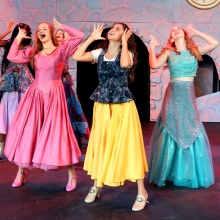Filichia Features: Study Study Bloody Bloody Andrew Jackson
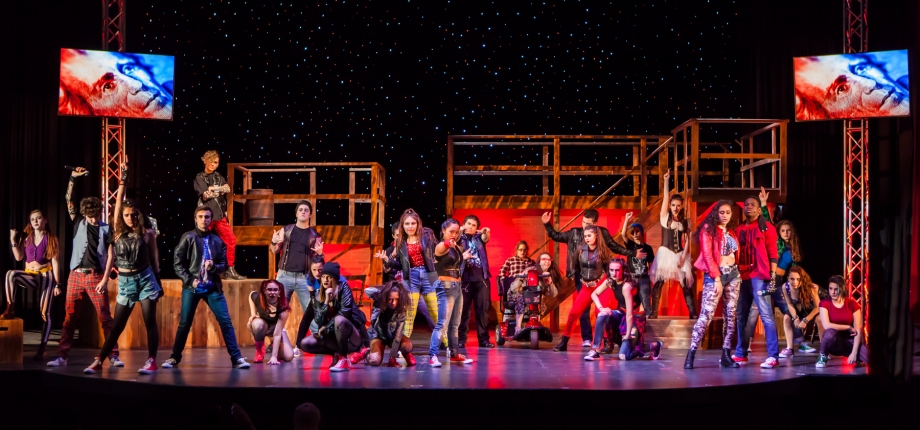
Filichia Features: Study Study Bloody Bloody Andrew Jackson
For the last two years, we’ve heard a great deal about a musical that details the gentleman who's the centerpiece of the $10 bill.
Alas, you won't be able to stage Hamilton for the next few decades. So how about looking into the musical about the man who dominates the $20 bill?
Even if your budget has only allowed your wallet to house Washingtons and Lincolns, you'll know of whom we speak merely from the title of the show: Bloody Bloody Andrew Jackson.
Songwriter Michael Friedman as well as bookwriter Alex Timbers (who's now segued into one of our finest directors) have shown us why our seventh president deserved that adjective not merely once, but twice.
Maybe Jackson’s disreputable ways were written in the stars. He was born on a day with a nefarious reputation: March 15th, also known as The Ides of March – when Julius Caesar was assassinated. As it turned out, Jackson would be as blood-thirsty as Brutus, Cassius and the thirty-or-so other Caesar-killers combined.
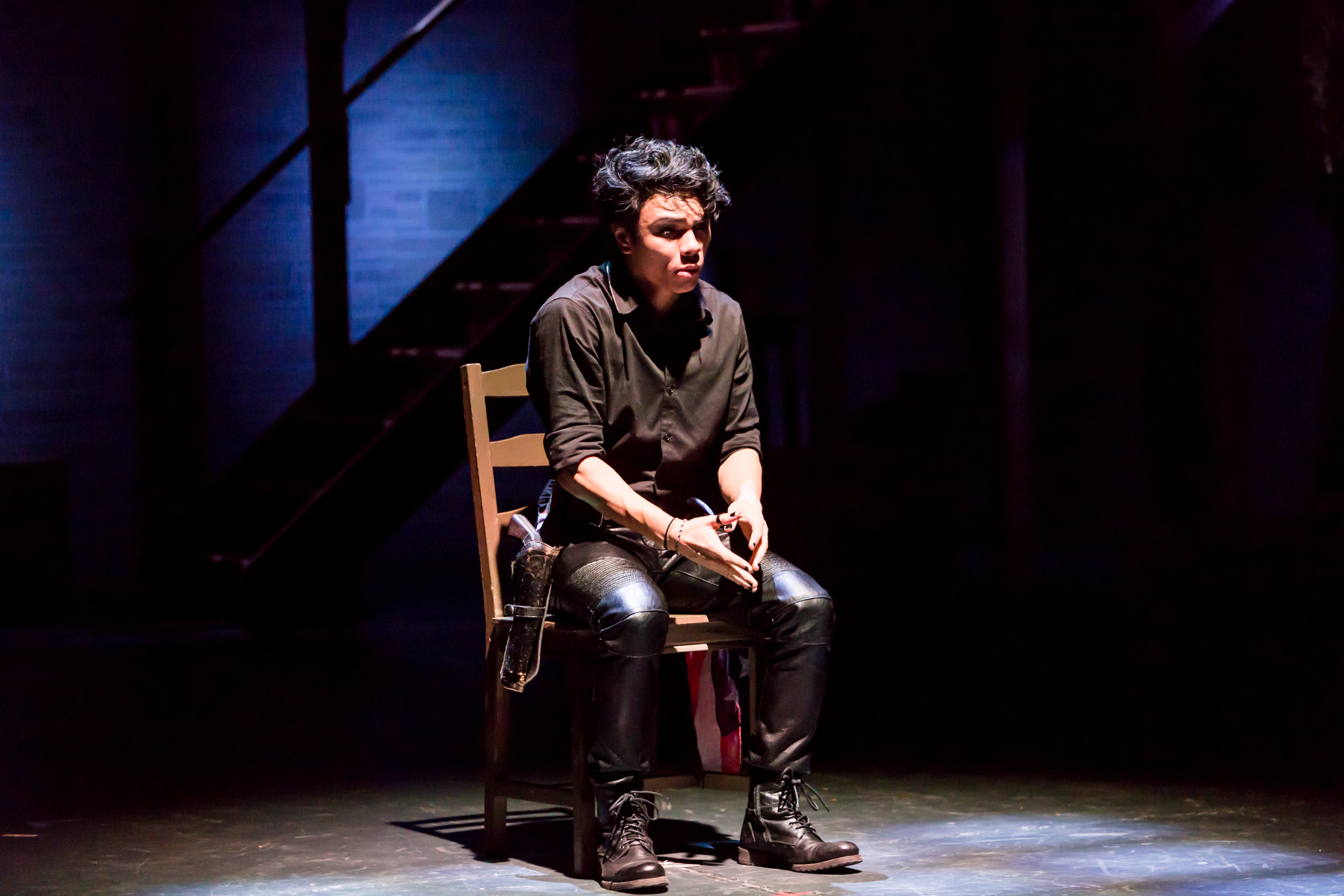 Enrique Gonzalez in Fair Lawn High School's production of Bloody Bloody Andrew Jackson (Photo © MarFilm Studio).
Enrique Gonzalez in Fair Lawn High School's production of Bloody Bloody Andrew Jackson (Photo © MarFilm Studio).
Playwrights are always urged to “show, don't tell,” but BBAJ does better by telling us of Jackson's many who-gives-a-damn atrocities rather than blatantly illustrating them.
Although Guys and Dolls’ Sky Masterson allegedly once had a temperature that reached 106, Jackson here is portrayed as even more hot-headed. He’s frankly drawn as a megalomaniac who'll do anything to get what he wants in order to have the power of the presidency and put his own interests far over others. Some theatergoers who watch him get worse and worse may come to believe in reincarnation, for here’s a prototype for Hitler or other questionable leaders.
Once Jackson is elected chief executive, he becomes increasingly crazy as the job gets to him. Timbers' script includes “The president is out of control,” “Presidents don't ask permission,” “We're gonna take this country back” and “You remember fear along our borders.”
After some hear these lines, they may infer that the show was written quite recently; actually it was first produced in early 2010 off-Broadway and later in the year on Broadway. At the time, some critics accused the show of being sophomoric, but that may well be why it’s ideal for high school sophomores, freshmen, juniors and seniors.
The intentionally silly nature of the piece lends itself to teenage humor. “No way!” is followed by “Yes, way!” Similarly, “Shut up!” spurs “No, you shut up!”
It’s done in full-out presentational style. No one is remotely pretending it's the late 18th and early 19th century. Clothes are glam rock -- meaning clothes without glamour. Torn fishnet stockings, cut-off jeans or virtually anything that your kids wore for Halloween will do.
If BBAJ were done in realistic fashion, we wouldn't be laughing when two fatal arrows find their way into the backs of Little Andrew's parents. But the Boing! Twang! way that it’s done does make us laugh.
Over-the-top acting is precisely the style you need. Those who specialize in this type of performer aren’t hard to find in any high school (or, for that matter, community theater). Many young actors and actresses naturally work in this mode, so here’s the chance to let them shine.
Are the authors glorifying Jackson? Hardly. Be reminded of what Mel Brooks said of his approach to Hitler in The Producers: the best way to handle an atrocious man is to laugh at him – and that’s just what BBAJ does with its anti-hero.
Those in conservative communities must be forewarned: BBAJ has more than an occasional salty vulgarism. A production number involving rifles may strike some as ominous, too.
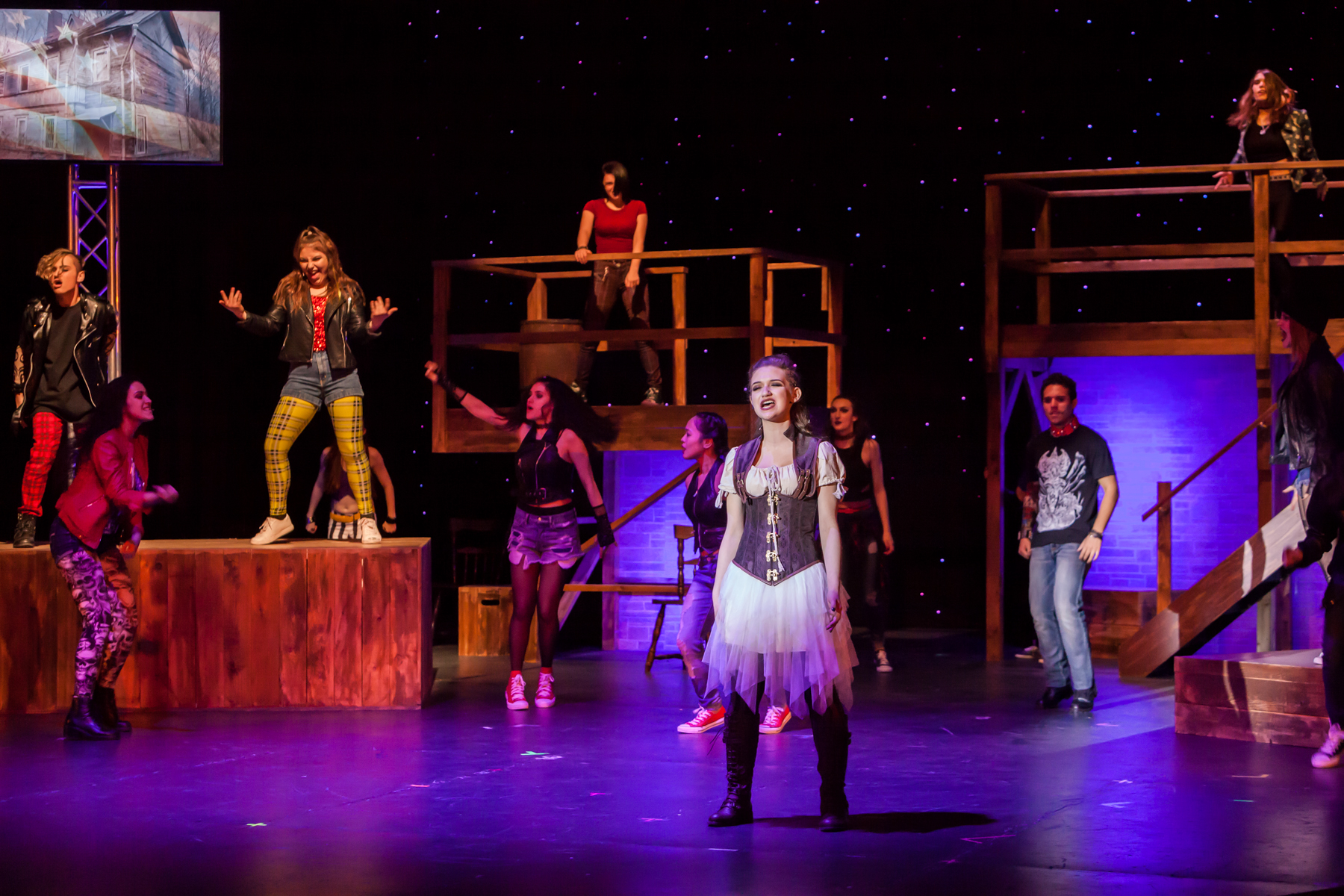 The cast of Bloody Bloody Andrew Jackson at Fair Lawn High School (Photo © MarFilm Studio).
The cast of Bloody Bloody Andrew Jackson at Fair Lawn High School (Photo © MarFilm Studio).
I recently told of the difficulties endured by a Cherry Hill, New Jersey school that was producing Ragtime because it employed “The N-Word.” Well, here 100 miles up the New Jersey Turnpike at Fair Lawn High School, BBAJ's use of “The I-Word” was much more plentiful. “Native-American” is rarely used. Keep that in mind, too.
None of this seemed to bother the Fair Lawn administration or audience at John Giresi’s recent excellent, fast-moving and outrageously hilarious production. What also helped was a totally charismatic Enrique Gonzalez as Jackson and a born-to-be-in-musicals Jillian Coleman in subsidiary roles.
When time came for battles, everyone on each side adopted a purposefully ridiculous, overblown stance. Giresi and three co-choreographers then sent the kids into a slow-motion fight. (Kids: do try this at home instead of fighting for real. No one gets hurt this way.)
The score features many rousing anthems which the Fair Lawn kids easily managed. Many a number ended with right arms and clenched fists thrust high in the air. The performers also enjoyed pushing hand mikes up to their mouths and jumping up and down in the same place. Each number built to a terrific climax under Andrew Scharwath’s blood-red lighting.
How ironic that we tend to pronounce “Jackson” as “JackSIN.” Here was a man who sinned more than he was sinned against, to paraphrase a line from Shakespeare. And while BBAJ is hardly Shakespeare, it might well be as you like it.
You may e-mail Peter at pfilichia@aol.com. Check out his weekly column each Monday at www.broadwayselect.com and Tuesday at www.masterworksbroadway.com. His book, The Great Parade: Broadway’s Astonishing, Never-To-Be Forgotten 1963-1964 Season is now available at www.amazon.com.










